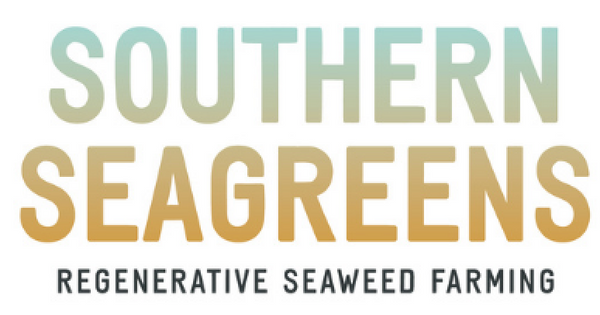Seaweed has long been a staple in various cuisines across the globe, particularly in Asia, and is increasingly recognized for its nutritional benefits. Rich in vitamins, minerals, and antioxidants, seaweed offers a range of health benefits, including support for thyroid function, heart health, and weight management. With its versatility in culinary applications, from sushi rolls to soups and salads, seaweed is a valuable addition to a balanced diet.
Among the various types of edible seaweed, brown algae such as kelp (including wakame) are notable for their high iodine content, essential for thyroid health . Nori, a red algae, is commonly used in sushi and is a good source of protein and vitamin B12 . Dulse, another red algae, is rich in potassium and iron, while green algae like sea lettuce offer a mild flavor and are high in fiber. Each type brings unique flavours and nutritional profiles, making them suitable for various dishes and dietary needs.
For those in Australia seeking high-quality, locally sourced seaweed, we offer a range of products featuring native, sustainably farmed kelp and wild harvested Wakame - all from the Mornington Peninsula in Victoria. As well as supplying bulk kelp to chefs, our aim is to provide nutritious, local kelp based products that are both delicious and really easy to incorporate into meal preparation at home. You can check out our offering, all available to order online here.
When selecting seaweed, it's important to consider both the nutritional content and the source. Australian sourced seaweed generally supports sustainable practices and reduces environmental impact. Imported seaweeds offer variety but may come with concerns about sourcing and processing standards. Consumers should look for products that are tested for contaminants and harvested responsibly.
Incorporating seaweed into your diet can be as simple as adding kelp powder to smoothies, sprinkling furikake on rice, or enjoying seaweed snacks. Whether you choose Australian products or explore imported varieties, seaweed offers a nutritious and flavourful addition to meals. As always, moderation is key, and it's advisable to consult with a healthcare provider if you have concerns about iodine intake or other dietary considerations.
For more reading, there’s some more good information about the benefits eating kelp and other seaweeds on the Healthline website here:

